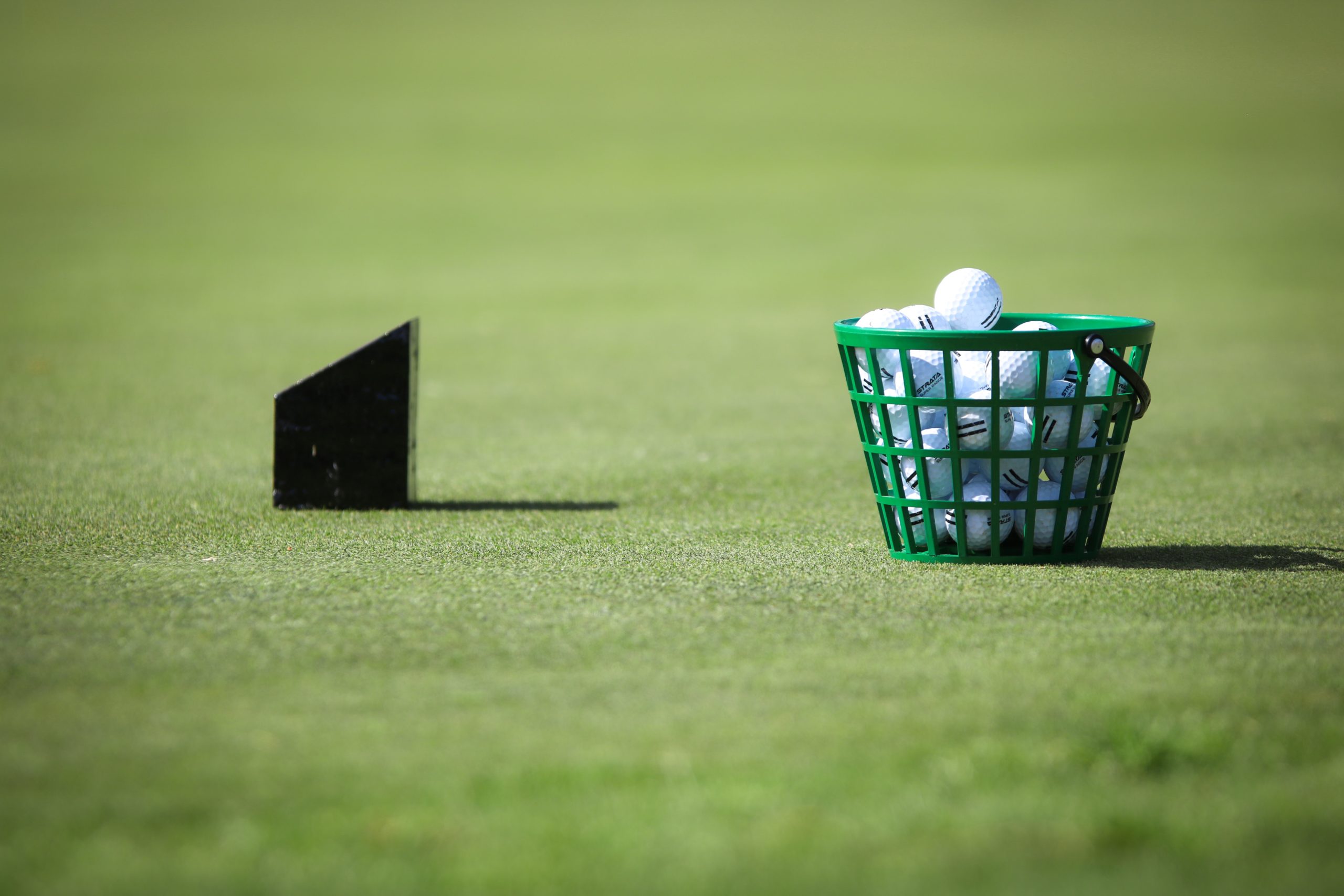3 Ways to Support Your Child When they Can’t Play Golf
April 15, 2020 / by Ashleigh McLaughlin
As a parent, you know that this is a challenging time for everyone. Many of us have had to hit pause on our usual way of living. As adults, we fortunately have the life experience and perspective to understand that “this too, shall pass.” Your young golfer however? This is a huge interruption to life as they know it, and both their age and stage of development can make this phase of life feel like a lot.
The sport for many young golfers is an important vehicle for getting outdoors and brings them social experiences, enjoyment and a sense of accomplishment. No longer having access to golf as an outlet is a huge change from what they’re used to and it can bring out all sorts of emotions and reactions.
My work as a Mental Skills coach gives me the chance to work with many athletes including many golfers. A lot of my conversations these days have shifted to helping my students cope with the disruptions so many are experiencing now. Here is some helpful guidance to help you support your junior golfer as they navigate these uncertain times:
1. Let Your Golfer Experience Their Feelings
Without golf, your athlete may feel a bit lost. And, it’s not like the course is just closed, for many of us, we’re not able to see friends or other family, and schools are closed too. This means that your golfer is suddenly cut off from most of what they know and love at a time in their lives where friends and sport are very important.
Because of this they’re likely to experience a range of emotions (we also have changing hormones to thank for this). As parents, in this sort of situation we may try to say things like “It’s okay,” or “You’ll get through this” and “When this is over it will feel like it went so fast.” Though positive and encouraging, these sorts of statements inadvertently suggest that your child’s feelings aren’t valid. Instead try “I know this is hard. How are you feeling?” or “It’s understandable to feel so upset.”
Allowing your child to feel their feelings can actually help them work through them, and showing empathy is a great way to connect with and support them during this challenging time.
2. Help Your Golfer Handle this New (Temporary) Normal
One of the big realities right now is the large amount of time everyone has on their hands. Even if they’re doing remote education, there is a lot on hold: golf and other extracurricular activities, family events, and time with friends. This wide-open schedule can be a big shock to tweens and teens who are used to schedules. Though they may have complained about early mornings or long days, schedules and routines bring comfort and consistency and for many of us, these schedules and routines have gone out the window.
Consider setting aside some time to help your kid(s) come up with some routines for this phase of life. This will be helpful for you too so that everyone knows what to expect, and if you’re working from home, you can consider your work needs as you create your kids’ new routines. In addition to their school and studying time, make sure you include time for activities they like to do, time to check in with friends, heading outdoors (in a safe way), and even time for things they don’t usually have time for.
3. Keep your Junior Golfer Connected with Golf

No, they can’t get out on the course, but your junior golfer can still stay connected to the sport. Whether you watch golf from previous years, spend time researching courses they want to play, create a make-shift putting green in your yard, or break out the old Nintendo Wii for some golf, find ways to keep the sport going in your house.
Depending on the age of your golfer, this may also be a great time to research colleges, find volunteer opportunities for the fall, or look to connect with a new mentor. This wide-open schedule can allow us to do things we might not have had time for before. Helping your athlete see the positives and possibilities for this “time out” can actually create positive feelings and emotions for your golfer (and yourself!).
You Will Get Through This
This is not an easy time for any of us, and it’s likely that your young golfer will have some big feelings as they navigate this period. Your love and support of your child(ren) is always important, but especially now as we’re all in an unknown and uncertain situation.
Even with the uncertainty, golf can still be a consistent part of your athlete’s life, but in a slightly different way for now. Take some time to sit down and help them process their feelings and come up with positive ideas for how to move forward.
Try these conversation starters:
- I realized you haven’t played golf for X weeks now, how has that been for you?
- Wow, this is the longest you’ve had to go without getting on the course. How are you feeling about that?
- [If you’re also a golfer] I’ve been feeling X about not being able to play right now. How are you feeling about it?
- I was thinking this might be a hard time for you since you can’t get out and play golf and that you’re probably missing your friends. Did I get that right?
- I was thinking that with this extra time, you might want to fill it with something fun/interesting that you don’t usually get to do. Do you have thoughts on what that could be?
- I know you can’t get out on the course right now, but there are still ways you can have golf be a part of your life. Do you have any ideas?
- I wanted you to know that I know this is a tough time. I love you and if you want to talk, I’m here.
Written by Sara Robinson, MA

Sara Robinson, MA, has worked as a Mental Skills Coach for over a decade. She has worked with recreational and competitive athletes, ages 7 to adult, in just about every sport. She consults with individual athletes and teams, as well as presents to coaches and parents about mental skills to best support their athletes. Sara believes every athlete and performer can benefit from mental skills training. In addition to consulting, Sara is a freelance writer, and is a former faculty member for John F. Kennedy University’s Sport Psychology Department. She is an editor and author for the book Excelling in Sport Psychology: Planning, Preparing, and Executing Applied Work and author of Self-Care for Moms and Choose You: A Guided Self-Care Journal.


